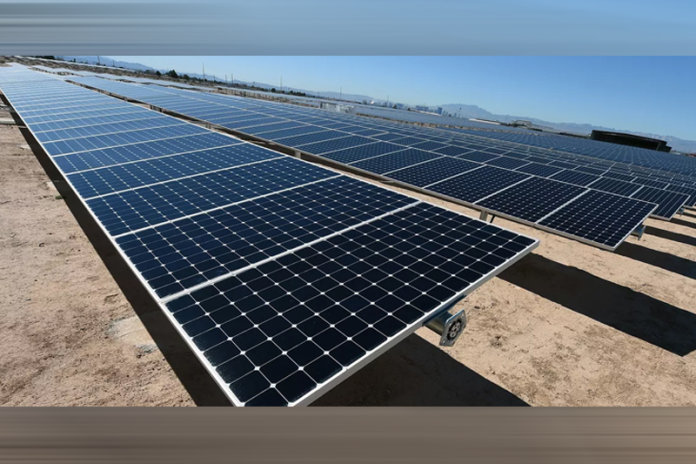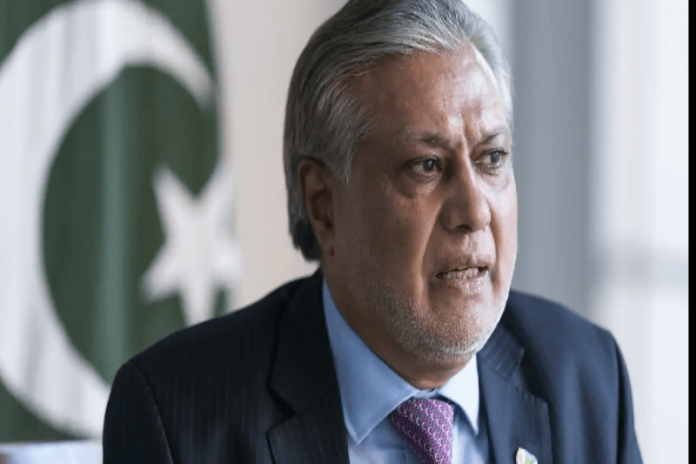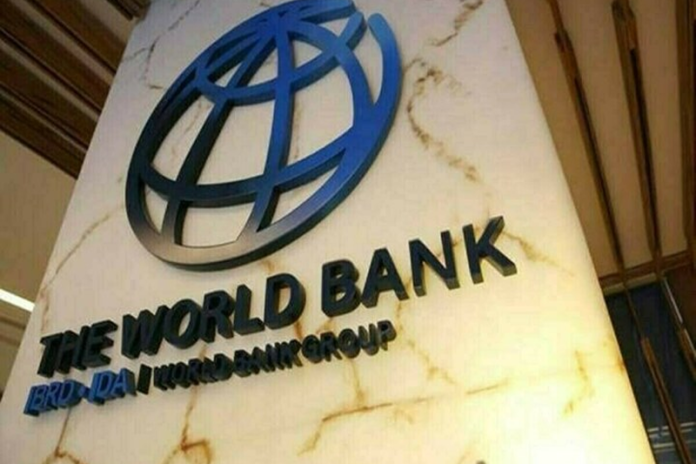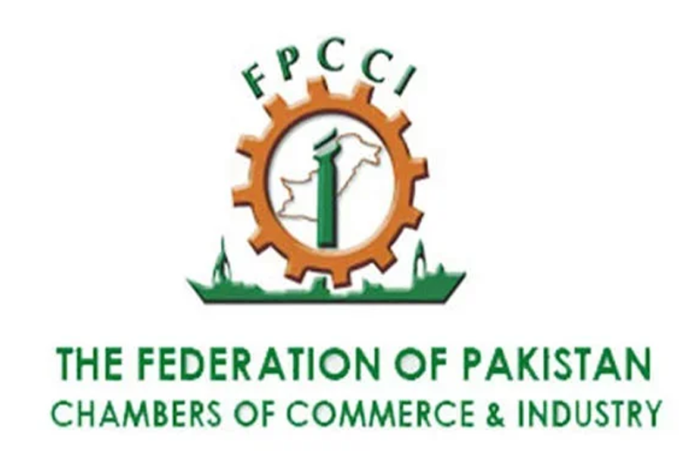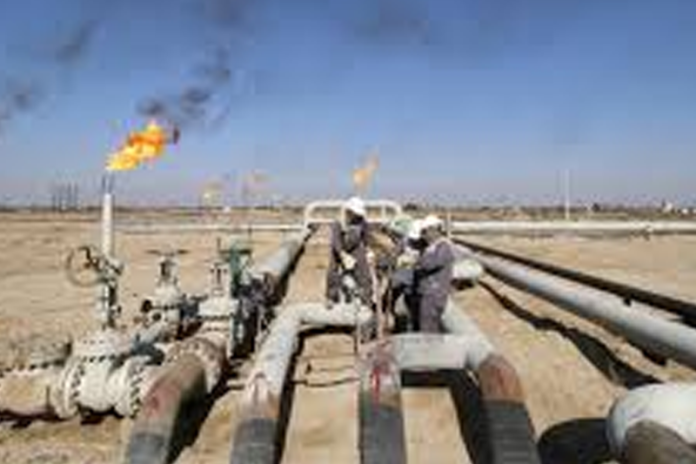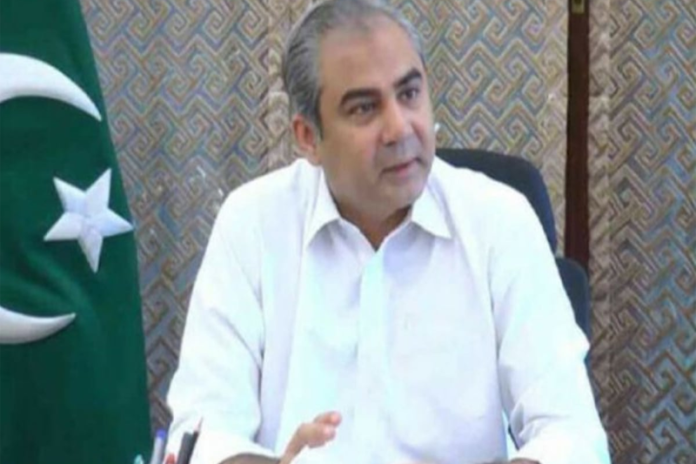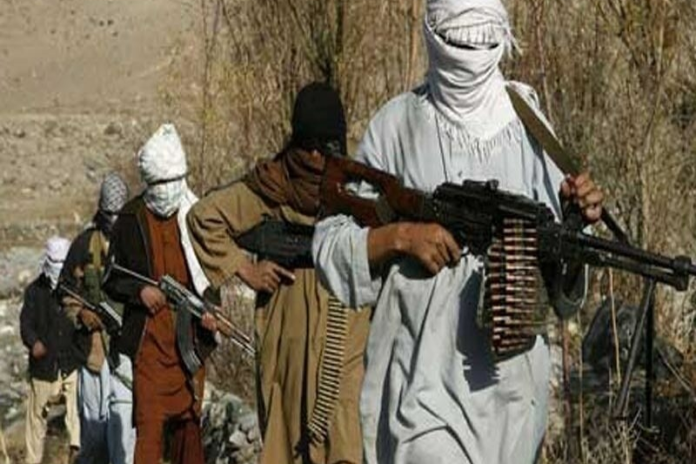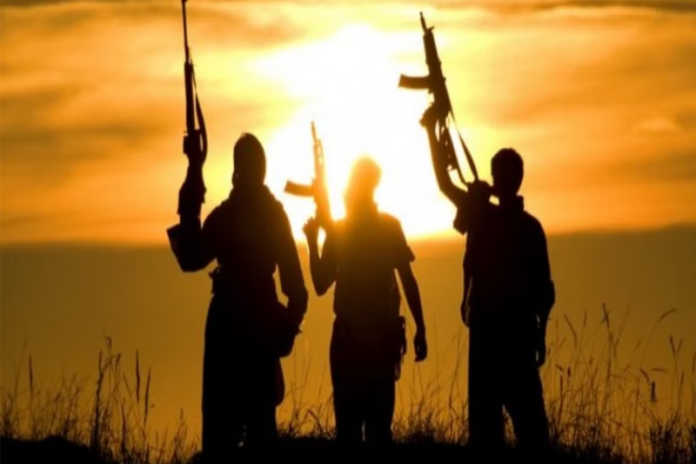TAPI gas pipeline and Pak energy needs
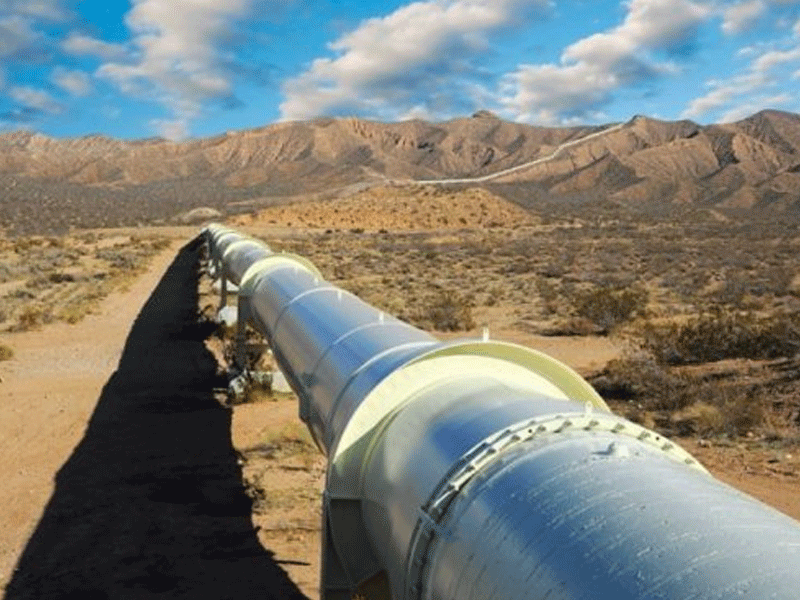
- 222
- 0
The Turkmenistan-Afghanistan-Pakistan-India (TAPI) gas pipeline project, which had been stalled for a long time due to the situation in Afghanistan and international complications, seems to be on the way to becoming operational. This progress was expressed in the form of signatures of the agreement on the joint implementation plan by Pakistan and Turkmenistan on Thursday (June 8, 2023) in Islamabad. Pakistan’s Minister of State for Petroleum Mossadiq Malik and Turkmenistan’s State Minister and Chairman of Turkmenistan Gas signed the agreement.
Prime Minister Shehbaz Sharif called “Tapi” as an important project for the prosperity of the entire region. The proposed gas pipeline will start from Ashgabat and reach Pakistan via Kabul and then India. Its length will be 1814 km and capacity to transport 33 billion cubic meters of natural gas. The project, when operational, will provide economic prosperity through the supply of energy to the entire region.
The Govt should reiterate its commitment to the early implementation of the project and make ensure that the concerned parties would use all available resources to complete the project as soon as possible.
Access to energy is the major challenge of today’s era. For a developing country like Pakistan, it is necessary to work rapidly on the possibilities of obtaining energy.
The PM Shahbaz Sharif should make his team to make all possible efforts to speed up the planning and execution work in connection with the Tapi project.
Both Pakistan and Turkmenistan are deeply connected in history, culture and religion and can cooperate with each other in many fields. Pakistan can also act as a gateway for Turkmenistan, which has natural gas reserves. It is expected that the coming years will usher in a new era of regional cooperation and prosperity in the region if the TAPI project is completed.
It may be mentioned here that Pakistan is faced with severe crunch of power and energy resources and it is good to see that efforts are on to overcome the issue.
Earlier this month, the Ministry of Commerce, Government of Pakistan issued a special letter under which specific goods including petroleum and natural gas can be traded with Afghanistan, Iran and Russia under the barter system (exchange of goods). This is a very important step which will help in handling the energy and petroleum crisis along with declining foreign exchange reserves and controlling inflation.
This permit issued by the Ministry of Commerce includes a list of food items including fruits and vegetables and dozens of industrial products. At a time when Pakistan is facing a decline in its foreign exchange reserves after repaying its foreign debt installments, millions of dollars worth of imported goods lying at the ports have not been cleared in time, leading to heavy fines from shipping companies. Due to fear of over-expiration and non-timely delivery of raw materials, industrial processes suffer from slowness and losses. At present, many countries are trading goods with their trading partners. The importance of China and Central Asian states including Iran, Afghanistan and India cannot be denied in the region in which Pakistan is located. These countries have extensive trade in food, raw materials, and industrial products, including energy, and can meet each other’s needs, and not all can afford a dollar monopoly.
In the wake of unprecedented economic crisis in the country, the Financial Gurus have termed the Tapi gas agreement and also border trade as need of the hour and as such, analysts advise the government to ensure work on the Tapi project and also eliminate barriers like unnecessary check posts to border trade solve the problems of trade and traders so that they can move with ease and concentrate on the trade.
Earlier this month, the Govt inaugurated Iran-Gwadar Power Projects, which is also a good omen for the economy in these testing times. As a matter of fact, Iran , Tukministan and Pakistan are brotherly Islamic countries, having deep-rooted cultural, and historical, religious, commercial and diplomatic ties. In fact, Iran was the first country to recognise Pakistan as an independent state after the creation of Pakistan in 1947.
The three countries can expand trade in power and energy sector products like crude oil, gas.
For example, a 138-km long transmission line between Gwadar and Iran border has also been laid to ensure a regular supply of electricity to the consumers after the commencement of the project.
In the backdrop of changing world economic scenario due to increasing prices of energy and food sector products mainly oil, there is a strong need for enhancing trade ties with Iran who can help us in this critical juncture of period. Iran’s unwavering support to Pakistan on the Kashmir dispute is also a known fact.
It may be mentioned here that Pak Iran trade endeavors are increasing in recent years. In January last, as many as 39 memorandums of understanding regarding enhancing trade volume with Iran were signed. This series of MOUS, signed earlier this year, will definitely improve economic ties and will ensure new era in bilateral projects pertaining to transportation, tourism, IT, fisheries, forests and mineral etc. The MoUs were inked at the completion of a two-day moot organized by the joint border trade committee in January this year. Financial experts say that following this new development, both countries through their trade bodies represented by Zahidan Chamber of Commerce, Industries, Mines and Agriculture and Quetta Chamber of Commerce and Industry will take the trade to new horizon and will explore new arenas.
The situation demands that under new endeavours, efforts should be made to extend the scope of trade agreements with China, Iran, Turkmenistan , Afghanistan and Russia to other countries of the region so that the energy crisis and other economic issues can be overcome in the country.
Published in The Daily National Courier, June, 12 2023
Like Business on Facebook, follow @DailyNCourier on Twitter to stay informed and join in the conversation.












